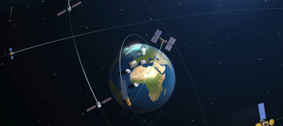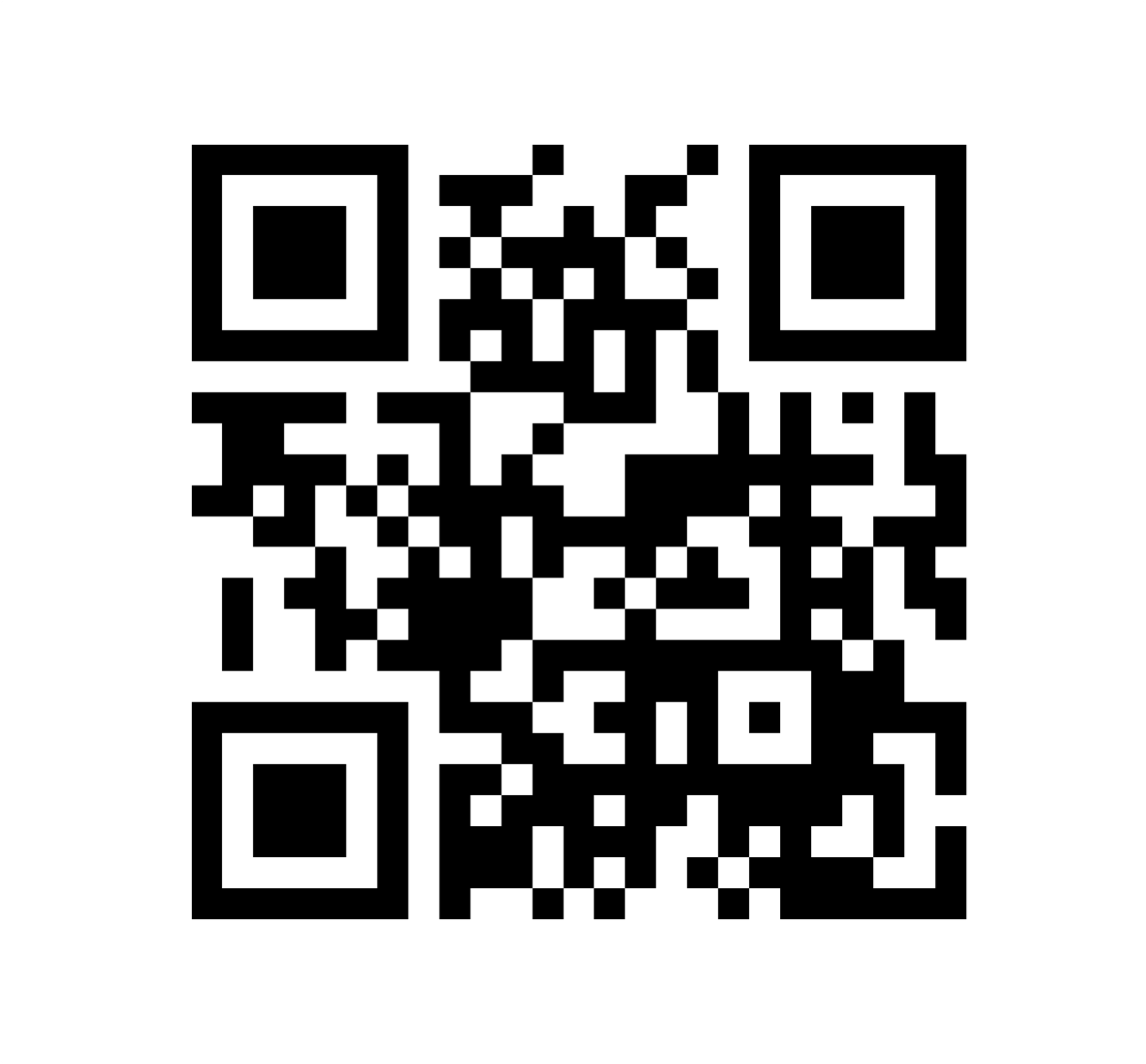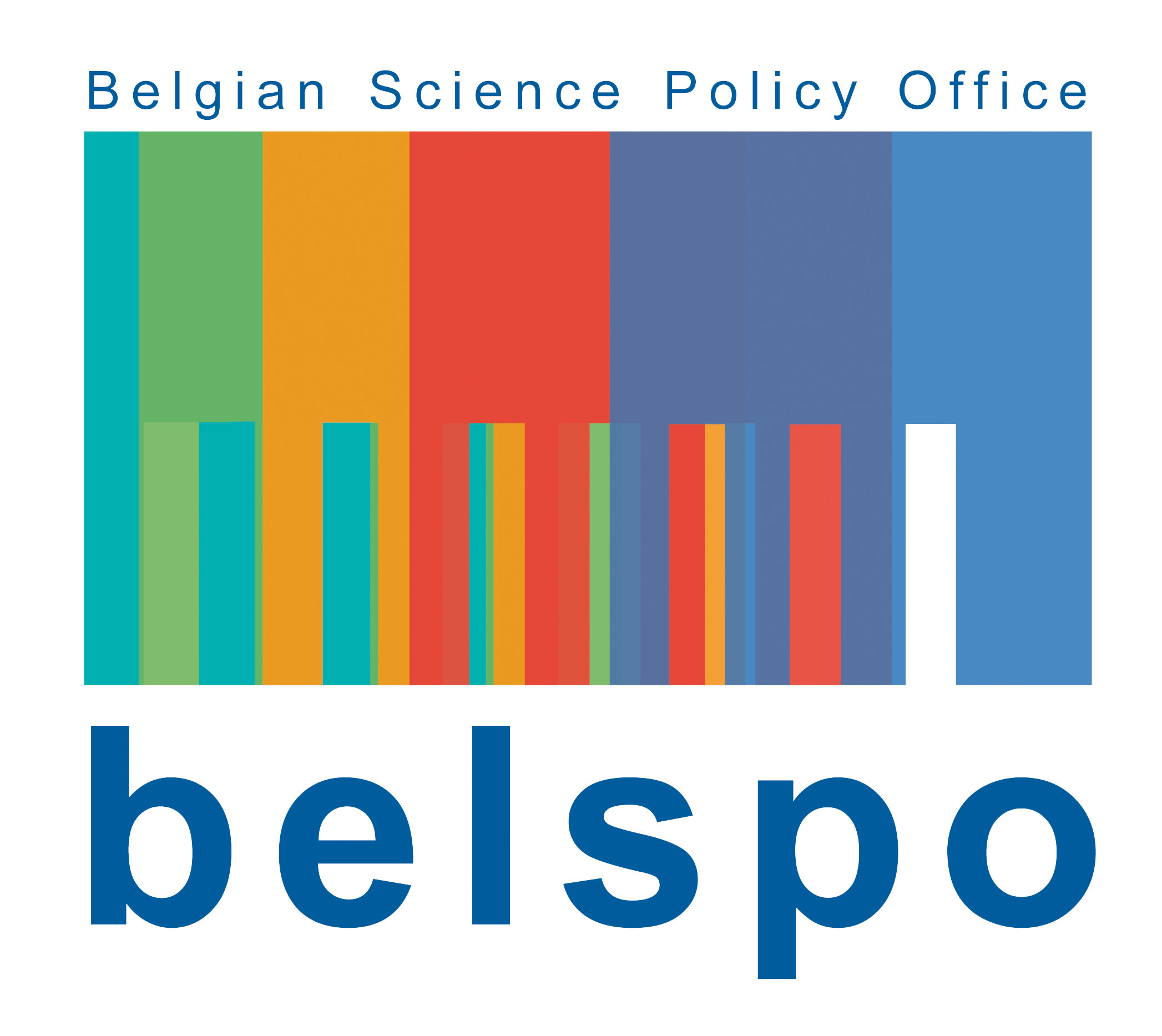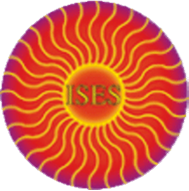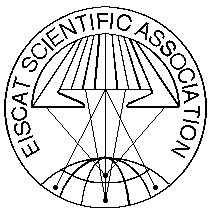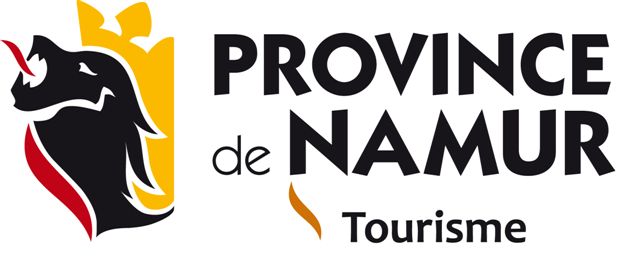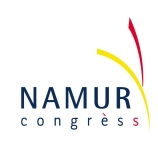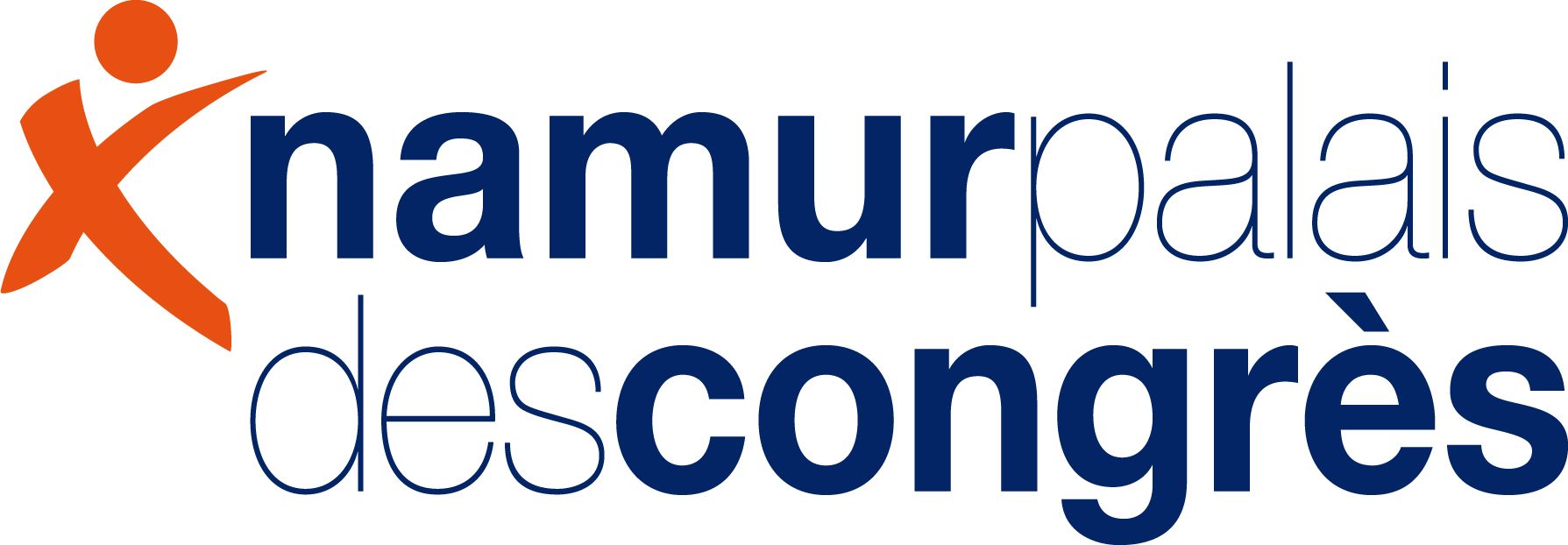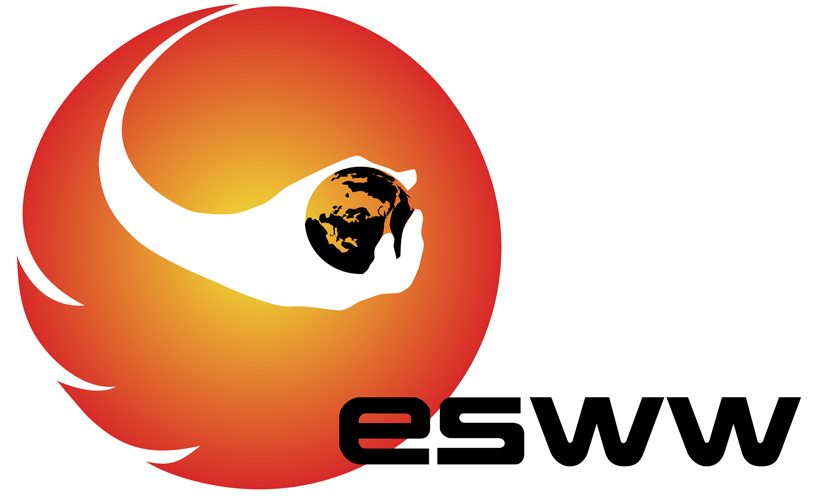
November 28 - December 02, 2011 - Namur, Belgium
Plenary Sessions
Sessions
Each session will be divided into oral and poster sessions with plenty of time devoted to discussion. The posters will be introduced at the start of each session. The posters are on display in the coffee area. The coffee breaks will be extended to 45 minutes (except plenary 2) to give plenty of time to have a look at the posters related to that particular session.
All sessions take place in the auditorium Felicien ROPS, except the parallel session 3A and 4A which take place in Room Michaux.
Parallel Sessions
In order to meet the needs of a growing community, for the first time parallel sessions on focussed topics are organized on two days of the meeting.
Session 3 and 4 include two parallel sessions held at the same time.
Session 3A (Auditorium Felicien ROPS) runs in parallel with Session 3B (Room Michaux) in the morning of Wednesday Nov 30.
Session 4A (Auditorium Felicien ROPS) runs in parallel with Session 4A (Room Michaux) in the morning of Thursday Dec 01.
Session description
1 - Innovations and Key Challenges in Space Weather Science & Observation
Cid Consuelo (UAH/COST ES0803) & Jean Lilensten (UJF Grenoble/COST ES0803)
oral-posters
We invite papers dealing with all scientific aspects of space weather monitoring, modelling and prediction. The session especially targets innovative results covering observing and monitoring systems and the building of data infracstructure. The observing and monitoring systems aim for a specification of the space environment. The data infrastructures are there to facilitate access to space weather data repositories, the development and validation of prediction models, and public awareness and outreach activities. Papers on other disciplines where space weather data or products are useful are encouraged. The session welcomes contributions on scientific achievements reached in the frames of the COST Action ES0803 - Developing Space Weather Models and Services.
We also address key challenges in space weather science including
a) our understanding on the processes that influence space weather paving the way towards the development of new applications for the user community through new and improved products
b) critical dependencies of space weather services on current and future operational environmental satellites.
2 - Building the European SSA Space Weather Framework
Paola Chiarini (REA), Alain Hilgers (ESA), Mats Ljungqvist (EC)
oral-posters
The aim of this session is to bring together key aspects of ongoing work supported by ESA and the EC, geared towards building a robust and sustainable programme of Space Weather services. Both targeted research work and programmatic issues will be addressed. The session will consist of a plenary oral session during the morning, followed by a working splinter meeting in the afternoon. The morning session introduces key topics including service requirements, existing service and measurement assets, data policy and international collaboration. While the afternoon consists of technical discussion with a view towards increased coordination between both ESA's activities carried out within the frame of the SSA Preparatory Programme and new and ongoing activities supported by the EC's 7th Framework Programme.
The session builds on earlier sessions organised along a similar theme, in particular during ESWW7. It highlights progress and foster coordination between groups both inside and outside Europe.
3A - GIC Advances and Developing Mitigation Procedures
Ellen Clarke (BGS), Ari Viljanen (FMI)
oral-posters
The session on geomagnetically induced currents (GIC) emphasises progress toward operational procedures for mitigating the undesired effects of GIC on electric power networks, pipelines, railway installations and other technological systems. The session addresses both the geophysical and the engineering sides of GIC. We solicit presentations on advances in GIC modelling, nowcasting and forecasting, on assessing risk probabilities, on the European and world-wide dimension of GIC risk, on GIC alert procedures and reactions from network operators, on mitigation strategies employed by network operators, to name a few.
3B - Space Climate
Ilaria Ermolli (OA Roma), Kalevi Mursula (Univ Oulu)
oral-posters
While space weather traditionally refers to short-term changes in the heliosphere and their prediction, space climate focuses more on long-term changes, on time scales of months to millenia. This variability is most apparent in the solar radiative and solar particular outputs, but also affects the solar wind, the heliospheric magnetic fields, and the near-Earth environment. This session provides a natural extension of space weather to longer time scales, with a focus on the interaction between the two, i.e. what can we learn about space weather from looking at longer time scales, and vice-versa.
4A - Solar Image Processing for Space Weather
Veronique Delouille (ROB), Jack Ireland (NASA/GSFC)
oral-posters
With Solar Dynamics Observatory now operating, one of the key challenges in solar physics is to extract pertinent physical information from huge amounts of data. In recent years, several powerful techniques have been developed for extracting such physical information from solar images in real time. The objective of this session is to present the latest developments, and to foster the transition from applied computer vision techniques to space weather products. We focus on key issues in automated solar feature recognition, solar image processing, and space weather prediction, with examples from SDO, SOHO, Proba2, PICARD, STEREO, and more, as well as from ground-based instruments.
4B - Space Weather Effects in the Earth's Thermosphere, Ionosphere and Plasmasphere
Michael Danielides (DLR), Ioanna Tsagouri (NOA/COST ES0803)
oral-posters
We address advances in assessing space weather effects in these domains on technological and biological systems and establishing services to cope with the effects. We welcome contributions with relevance to the user categories defined in the SSA programme (spacecraft design, spacecraft operation, human space flight, launch operations, transionospheric radio link, space surveillance and tracking, space weather modelling). Considering that the existing suite of space weather services will need to be expanded over the years to come we also welcome presentations and proposals on future space weather services for the domains thermosphere, ionosphere, plasmasphere.
In recognition of the new generation of Incoherent Scatter Radars (ISR) under development or already in operation, notably EISCAT-3D, Poker Flat (PFISR) and Resolute Bay North Face (RISR-N), we encourage presentations which demonstrate the potential benefit of this new line of ISR for space weather research, including monitoring, nowcasting and forecasting.
5 - Innovations in Space Weather Services and Applications
Matthew Angling (QinetiQ), Eva Robbrecht (ROB)
oral-posters
This session focuses on recent innovations in the development of services and applications geared towards meeting end-user requirements. It also addresses the emergence of, and requirements for, underpinning space weather technologies. Presentations from users on requirements and on the experience of working with space weather services are also encouraged.
The session scope is not limited to a single space weather domain. Presentations on individual services and applications should include discussion of validation and verification procedures along with current or future implementation plans and constraints.
Session 1  | Innovations and Key Challenges in Space Weather Science and Observation
oral, Felicien ROPS - posters, coffee area |
Cid Consuelo (UAH/COST ES0803) Jean Lilensten (UJF Grenoble/COST ES0803) |
| Session 2 | Building the European SSA Space Weather Framework
oral, Felicien ROPS - posters, coffee area |
Paola Chiarini (REA) Alain Hilgers (ESA) Mats Ljungqvist (EC) |
| Session 3A | Advances in GIC research and effects mitigation
oral, Felicien ROPS - posters, coffee area |
Ellen Clarke (BGS) Ari Viljanen (FMI) |
| Session 3B | Space Climate
oral, Michaux - posters, coffee area |
Ilaria Ermolli (OA Roma) Kalevi Mursula (Univ Oulu) |
| Session 4A | Solar Image Processing for Space Weather
oral, Felicien ROPS - posters, coffee area |
Veronique Delouille (ROB) Jack Ireland (NASA/GSFC) |
Session 4B | Space Weather Effects on the Earth's Thermosphere, Ionosphere and Plasmasphere
oral, Michaux - posters, coffee area |
Michael Danielides (DLR) Ioanna Tsagouri (NOA/COST ES0803) |
| Session 5 | Innovations in Space Weather Services and Applications
oral, Felicien ROPS - posters, coffee area |
Matthew Angling (QinetiQ) Eva Robbrecht (ROB) |
Sessions
Each session will be divided into oral and poster sessions with plenty of time devoted to discussion. The posters will be introduced at the start of each session. The posters are on display in the coffee area. The coffee breaks will be extended to 45 minutes (except plenary 2) to give plenty of time to have a look at the posters related to that particular session.
All sessions take place in the auditorium Felicien ROPS, except the parallel session 3A and 4A which take place in Room Michaux.
Parallel Sessions
In order to meet the needs of a growing community, for the first time parallel sessions on focussed topics are organized on two days of the meeting.
Session 3 and 4 include two parallel sessions held at the same time.
Session 3A (Auditorium Felicien ROPS) runs in parallel with Session 3B (Room Michaux) in the morning of Wednesday Nov 30.
Session 4A (Auditorium Felicien ROPS) runs in parallel with Session 4A (Room Michaux) in the morning of Thursday Dec 01.
Session description
1 - Innovations and Key Challenges in Space Weather Science & Observation
Cid Consuelo (UAH/COST ES0803) & Jean Lilensten (UJF Grenoble/COST ES0803)

oral-posters
We invite papers dealing with all scientific aspects of space weather monitoring, modelling and prediction. The session especially targets innovative results covering observing and monitoring systems and the building of data infracstructure. The observing and monitoring systems aim for a specification of the space environment. The data infrastructures are there to facilitate access to space weather data repositories, the development and validation of prediction models, and public awareness and outreach activities. Papers on other disciplines where space weather data or products are useful are encouraged. The session welcomes contributions on scientific achievements reached in the frames of the COST Action ES0803 - Developing Space Weather Models and Services.
We also address key challenges in space weather science including
a) our understanding on the processes that influence space weather paving the way towards the development of new applications for the user community through new and improved products
b) critical dependencies of space weather services on current and future operational environmental satellites.
2 - Building the European SSA Space Weather Framework
Paola Chiarini (REA), Alain Hilgers (ESA), Mats Ljungqvist (EC)
oral-posters
The aim of this session is to bring together key aspects of ongoing work supported by ESA and the EC, geared towards building a robust and sustainable programme of Space Weather services. Both targeted research work and programmatic issues will be addressed. The session will consist of a plenary oral session during the morning, followed by a working splinter meeting in the afternoon. The morning session introduces key topics including service requirements, existing service and measurement assets, data policy and international collaboration. While the afternoon consists of technical discussion with a view towards increased coordination between both ESA's activities carried out within the frame of the SSA Preparatory Programme and new and ongoing activities supported by the EC's 7th Framework Programme.
The session builds on earlier sessions organised along a similar theme, in particular during ESWW7. It highlights progress and foster coordination between groups both inside and outside Europe.
3A - GIC Advances and Developing Mitigation Procedures
Ellen Clarke (BGS), Ari Viljanen (FMI)
oral-posters
The session on geomagnetically induced currents (GIC) emphasises progress toward operational procedures for mitigating the undesired effects of GIC on electric power networks, pipelines, railway installations and other technological systems. The session addresses both the geophysical and the engineering sides of GIC. We solicit presentations on advances in GIC modelling, nowcasting and forecasting, on assessing risk probabilities, on the European and world-wide dimension of GIC risk, on GIC alert procedures and reactions from network operators, on mitigation strategies employed by network operators, to name a few.
3B - Space Climate
Ilaria Ermolli (OA Roma), Kalevi Mursula (Univ Oulu)
oral-posters
While space weather traditionally refers to short-term changes in the heliosphere and their prediction, space climate focuses more on long-term changes, on time scales of months to millenia. This variability is most apparent in the solar radiative and solar particular outputs, but also affects the solar wind, the heliospheric magnetic fields, and the near-Earth environment. This session provides a natural extension of space weather to longer time scales, with a focus on the interaction between the two, i.e. what can we learn about space weather from looking at longer time scales, and vice-versa.
4A - Solar Image Processing for Space Weather
Veronique Delouille (ROB), Jack Ireland (NASA/GSFC)
oral-posters
With Solar Dynamics Observatory now operating, one of the key challenges in solar physics is to extract pertinent physical information from huge amounts of data. In recent years, several powerful techniques have been developed for extracting such physical information from solar images in real time. The objective of this session is to present the latest developments, and to foster the transition from applied computer vision techniques to space weather products. We focus on key issues in automated solar feature recognition, solar image processing, and space weather prediction, with examples from SDO, SOHO, Proba2, PICARD, STEREO, and more, as well as from ground-based instruments.
4B - Space Weather Effects in the Earth's Thermosphere, Ionosphere and Plasmasphere
Michael Danielides (DLR), Ioanna Tsagouri (NOA/COST ES0803)

oral-posters
We address advances in assessing space weather effects in these domains on technological and biological systems and establishing services to cope with the effects. We welcome contributions with relevance to the user categories defined in the SSA programme (spacecraft design, spacecraft operation, human space flight, launch operations, transionospheric radio link, space surveillance and tracking, space weather modelling). Considering that the existing suite of space weather services will need to be expanded over the years to come we also welcome presentations and proposals on future space weather services for the domains thermosphere, ionosphere, plasmasphere.
In recognition of the new generation of Incoherent Scatter Radars (ISR) under development or already in operation, notably EISCAT-3D, Poker Flat (PFISR) and Resolute Bay North Face (RISR-N), we encourage presentations which demonstrate the potential benefit of this new line of ISR for space weather research, including monitoring, nowcasting and forecasting.
5 - Innovations in Space Weather Services and Applications
Matthew Angling (QinetiQ), Eva Robbrecht (ROB)
oral-posters
This session focuses on recent innovations in the development of services and applications geared towards meeting end-user requirements. It also addresses the emergence of, and requirements for, underpinning space weather technologies. Presentations from users on requirements and on the experience of working with space weather services are also encouraged.
The session scope is not limited to a single space weather domain. Presentations on individual services and applications should include discussion of validation and verification procedures along with current or future implementation plans and constraints.

